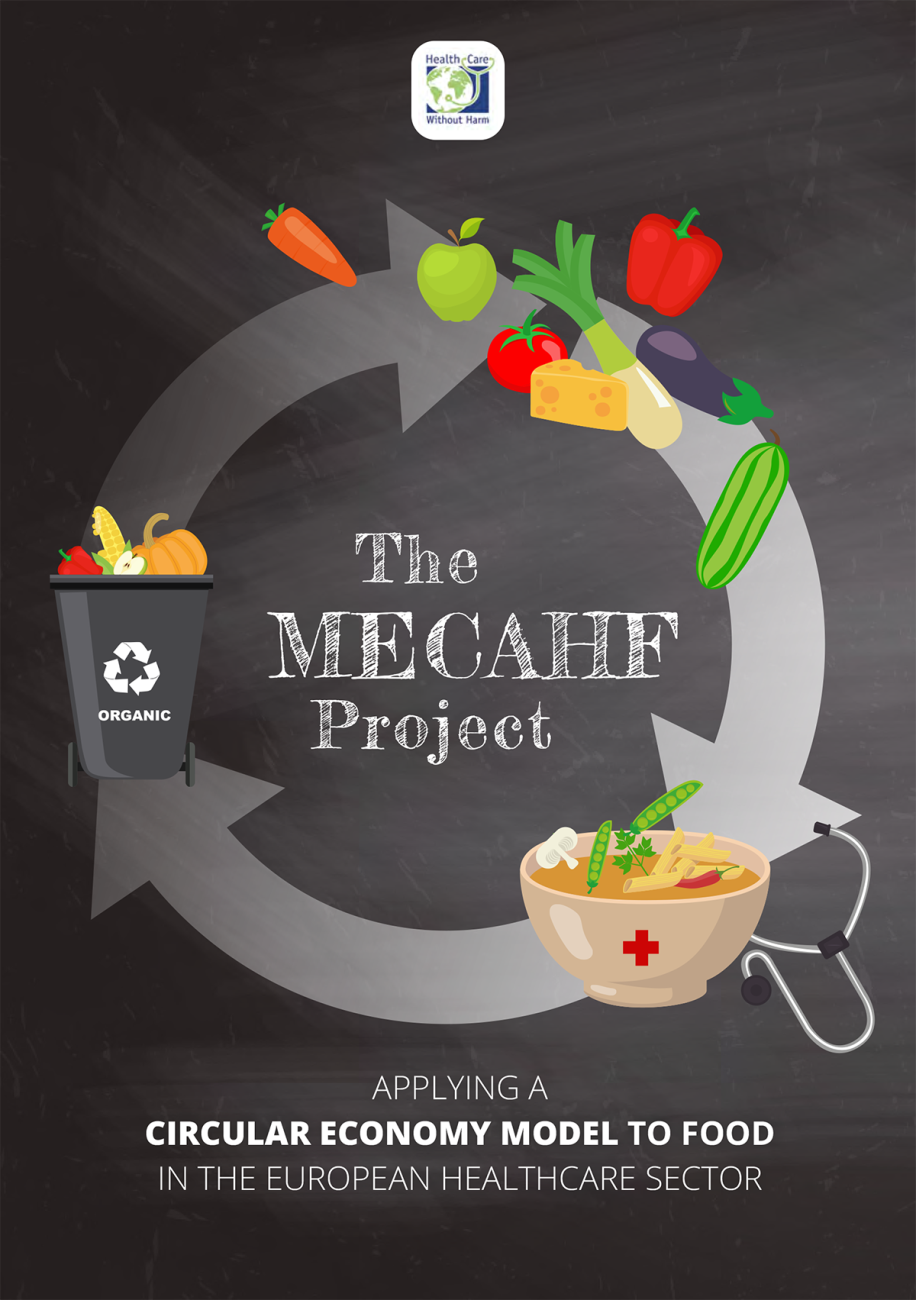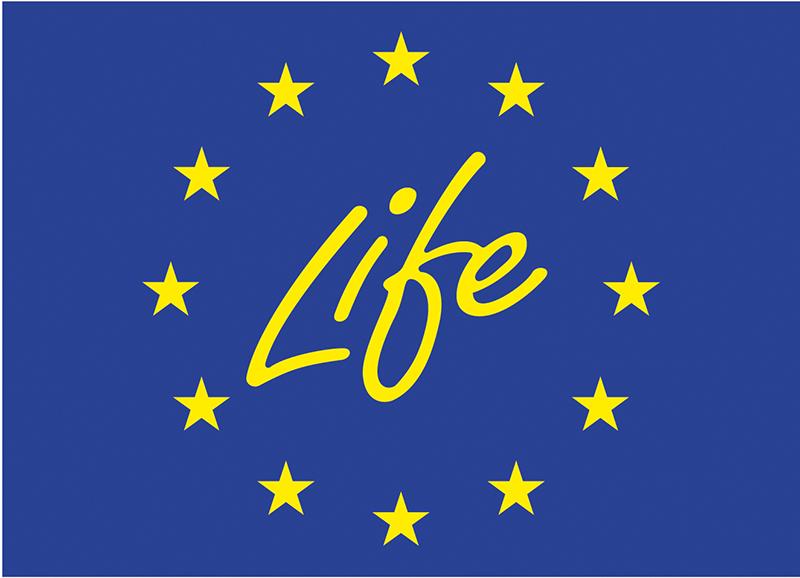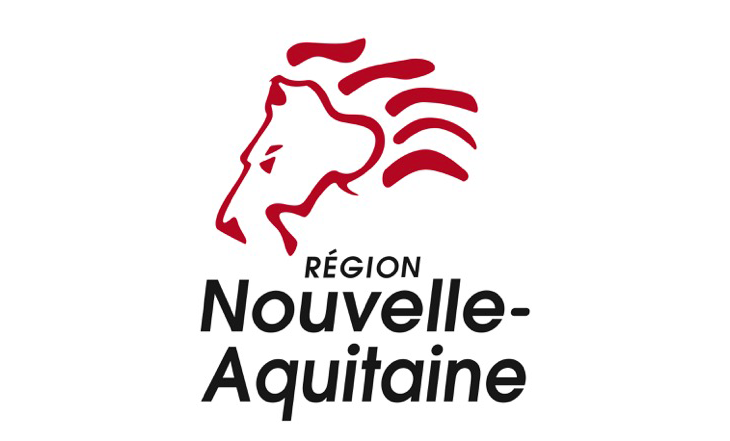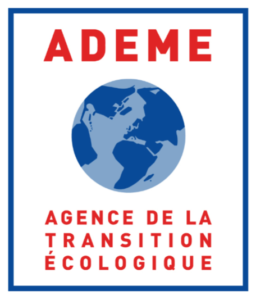Health Care Without Harm (HCWH) Europe, in collaboration with the Hospital of Niort, have concluded a three-year pilot project to implement a circular economy model of food within the healthcare sector. We have produced a project report summarising the actions and outcomes of the project, as well as a short series of videos taken throughout the project.
The MECAHF project began in 2018 and was motivated by the lack of available information and data on food procurement and food waste within the healthcare sector. This means that there is limited information on the benefits of a circular model of food in healthcare, and therefore it can be a challenge to motivate hospitals and healthcare systems to transform their food systems.
Through this project, we aimed to demonstrate that a circular economy model can help reduce environmental impacts and also save money for reinvestment in healthier and more sustainable food procurement. It can also have other added benefits, including improved patient and staff satisfaction, safety, and health. As part of the project, the Hospital of Niort assessed the volume and composition of waste throughout their food supply chain - from procurement, through to preparation and consumption, and ultimately disposal. A set of tools to measure the cost and carbon impact of food waste were also developed - these tools also allow the user to simulate changes to their procurement strategies to assess the impact this would have on their costs and carbon footprint.
You can learn more about the project activities in our video series available in French, or with English subtitles. The final video is also available in Spanish.
By fighting food waste, saving money, and purchasing more local and organic products, the project aimed to establish the Hospital of Niort as an example of best practice for a circular economy of food in healthcare and to promote this example throughout the healthcare sector in France and Europe.

The healthcare sector is uniquely positioned to properly marry agriculture, health, and environmental goals, and to contribute to the debate about how to address tomorrow's food challenges, including preventing and reducing food waste. Through their purchasing decisions, healthcare providers can invest in sustainable agriculture, and can act as powerful advocates for action on public policy to build healthy and sustainable food systems. By implementing healthy and sustainable food strategies, healthcare providers can improve public and environmental health, and begin to address the socio-economic disparities that exist within our communities.
If you are interested in learning more about this project, or how you can help test the software developed to calculate the carbon footprint of food waste at your hospital, please contact europe@hcwh.org.
HCWH Europe gratefully acknowledges the financial support of the European Commission (EC)’s LIFE programme, The Daniel and Nina Carasso Foundation, The Nouvelle-Aquitaine region, and The Ecological Transition Agency (ADEME).
HCWH Europe is solely responsible for the content of this project and related materials. The views expressed do not reflect the official views of the EC, The Daniel and Nina Carasso Foundation, The Nouvelle-Aquitaine region, or ADEME.



